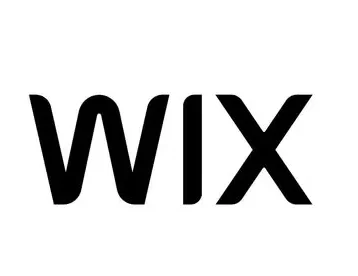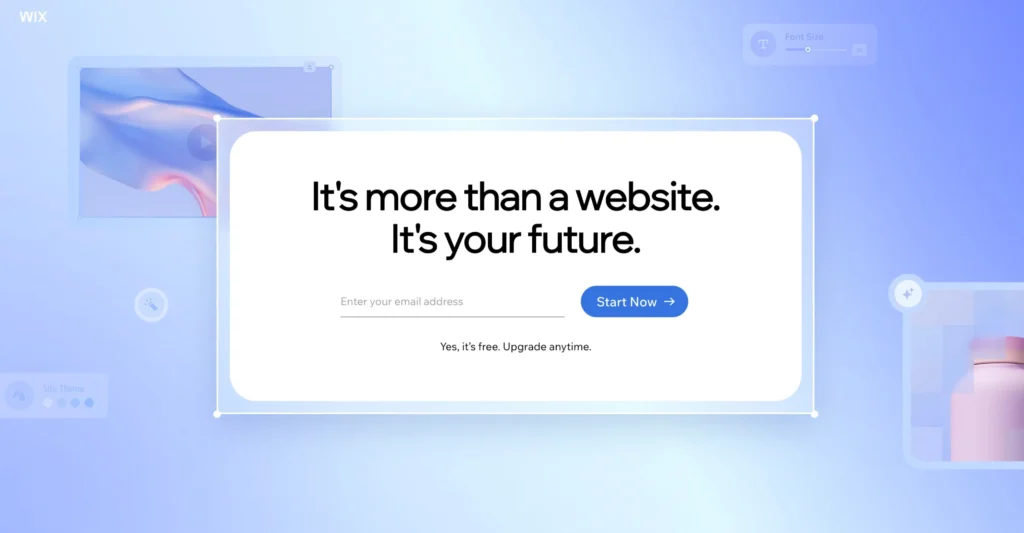Performance | Feature-rich but heavier. Requires optimization for best performance. | Easy-to-use, but loading speed can be slower, especially on mobile. |
Features | Powerful drag-and-drop builder, built-in A/B testing, global elements, and theme builder. | Drag-and-drop editor with built-in tools for website design, animation, and customization. |
Pricing | Annual plan at $89/year or one-time payment of $249 for lifetime access. | |
Templates | Hundreds of pre-built layouts and website packs, highly customizable. | Large selection of templates for various industries, easy customization. |
Support | 24/7 support with community forums and live chat support. |
As someone who has been in the website building business for some time, I often get asked which platform is better – Divi or Wix. It’s a tricky question to answer because each has pros and cons.
In this blog post, we’ll dive into what makes each platform unique so you can make an informed decision when creating your website. So, let’s do a deeper dive into Divi vs Wix!

It can be used by everyone including freelancers, agencies, website owners, etc. We have already done a detailed review of the Divi Theme. Rollover to check the Divi Theme Review here.
🚀 Divi vs. Wix: Quick Expert Summary
When comparing Divi and Wix, both platforms have their strengths and weaknesses.
Divi excels in terms of its extensive customization options, real-time editing capabilities, and vast module library, making it a powerful tool for experienced web developers.
On the other hand, Wix stands out for its ease of use, beginner-friendly interface, and all-in-one platform, making it an excellent choice for individuals with limited technical expertise.
| Divi | Wix | |
| Pricing | $70 per year | $80 per month |
| Templates | 215+ | 800+ |
| SEO ready | Great for SEO | Great for SEO |
| Discount | Yes, on this page. | No |
| Beginner friendly | Very easy | Very easy |
| Customer support | 5.0/5.0 on Trustpilot | 1.6/5.0 on Trustpilot |
| Overall grade | 9.8 | 8.7 |
| E-commerce ready | Comprehensive e-commerce toolkit | Fully integrated e-commerce plans |
| Where to buy | Try Divi | Try Wix |
Key Differences Between Divi and Wix
1. Templates and layouts editing
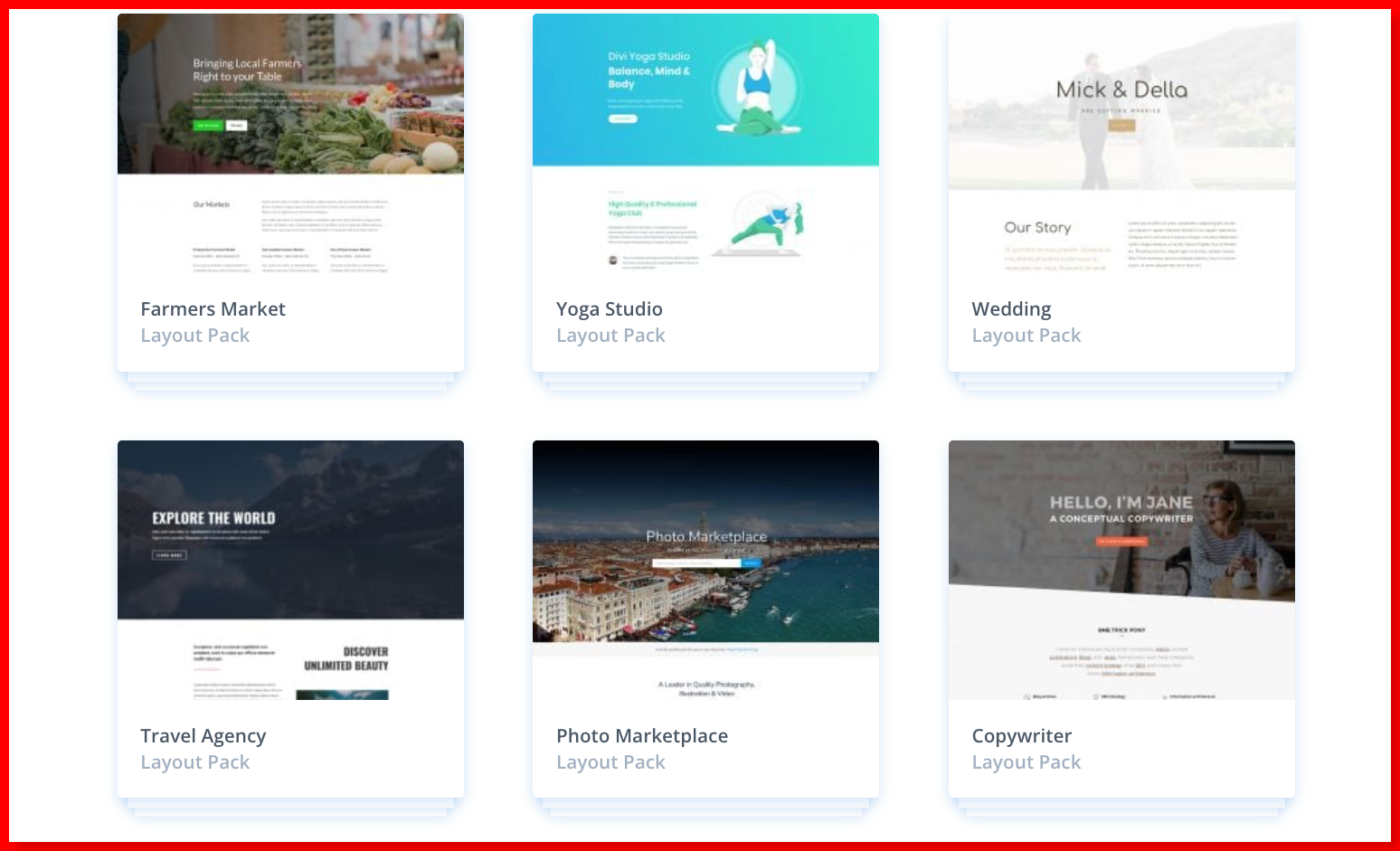
Divi
Divi boasts a huge preference for themes. More than 1000 designs and templates are present in different categories that users can choose for their websites. Even on mobile phones, preferred designs work significantly.
When you are not interested in using these pre-designed layouts, you can go with the majority strapping substructure with the collection of layout management devices.
Wix
The Wix audience can utilize more than 550 various designs and templates. They can be amended for pre-set purposes.
The themes are separated into categories and turned on to the niches or internet site types. You must select layouts and templates for small-business sites, a depository, or an e-commerce store.
If you are not successful in searching for a particular theme from your category, you can go with the other option and personalize it.
Verdict
Divi audience has access to CSS designs and quality. The organization has a good collection of custom-tailored structures, and these can be loaded and corrected in just a few seconds with a click or two.
In Wix, the programmer provides you with mobile personalization devices. Through this, you can blank out or visualize the elements, go with the various backgrounds, and revise the menu sections.
2. Divi vs Wix: Logo Creator
Divi
You can add your custom logo with the help of Divi. Also, you must have a theme of designs and templates that should be combined with WordPress already. The choices and options of this Divi theme are available on the notification bar.
Wix
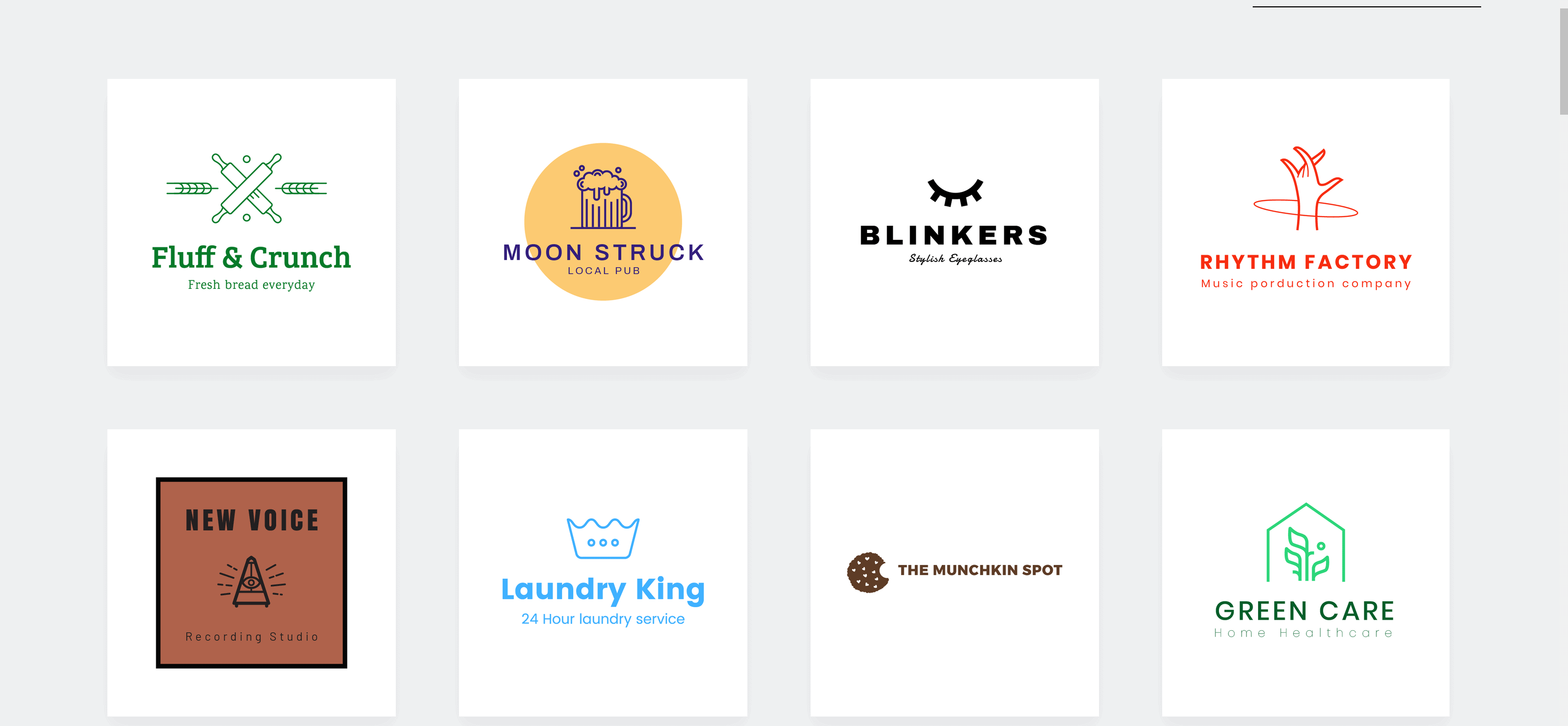
Besides the Wix ADI to construct websites for the users, the organization has another choice or features that help you design the logos without web designing skills. The device here runs likewise.
Verdict
Divi can transfer or change the current logo, alter the default color palette, add a favicon, and authorize a few Divi page elements.
In Wix, the program will instinctively give rise to many logo samples; your only work is to provide the program with details about your plan, project, and niches.
Please select the preferred one and adjust it with the website thoroughly; another route is to transfer the existing logo.
3. Divi vs Wix: Add-ons and widgets
Divi
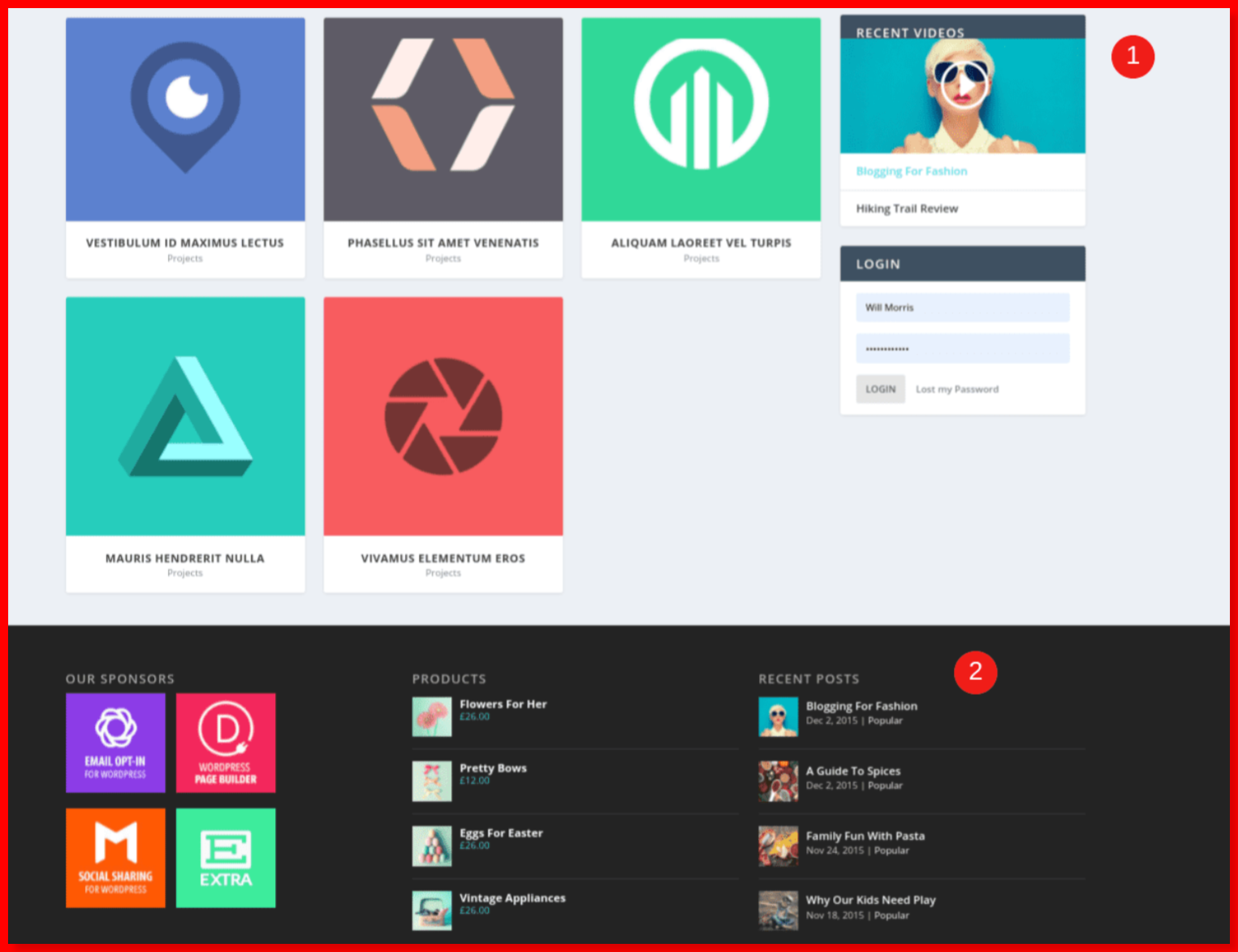
As earlier said, Divi is combined with WordPress, which means you can utilize this with several WP plugins, from statistics and SEO development to email marketing, content cascading, and many more.
Also, the program can combine third-party services into the constructor itself. The organization here comes with the passcode module, which you can insert into the third-party shortcodes.
Wix
Wix consists of personalizing App retail and includes a huge selection of Add-ons and widgets.
There are variations of third-party apps that can help personalize the internet sites and also ensure good customer engagement. You can also connect the various forms, CTA blocks, audience accession elements, etc.
Verdict
Divi is very comfortable to use, but the combination here looks more multiplex than compared to Wix, like you do not have to worry about getting the password from anywhere.
Wix was created to address the niche-specific necessities, including real estate, hospitality, and other services. Some applications here are free to use, but some need subscription plans.
4. Divi vs Wix: Online Search Engines
Divi

Divi includes the individual blogging section. You can generally keep it at any place on the website. To allow this function, click the “insert module” button and select the “blog” button. The segments here have the three foremost major setting choices that also cover:-
- Content
- Layouts and designs
- Advanced
Wix
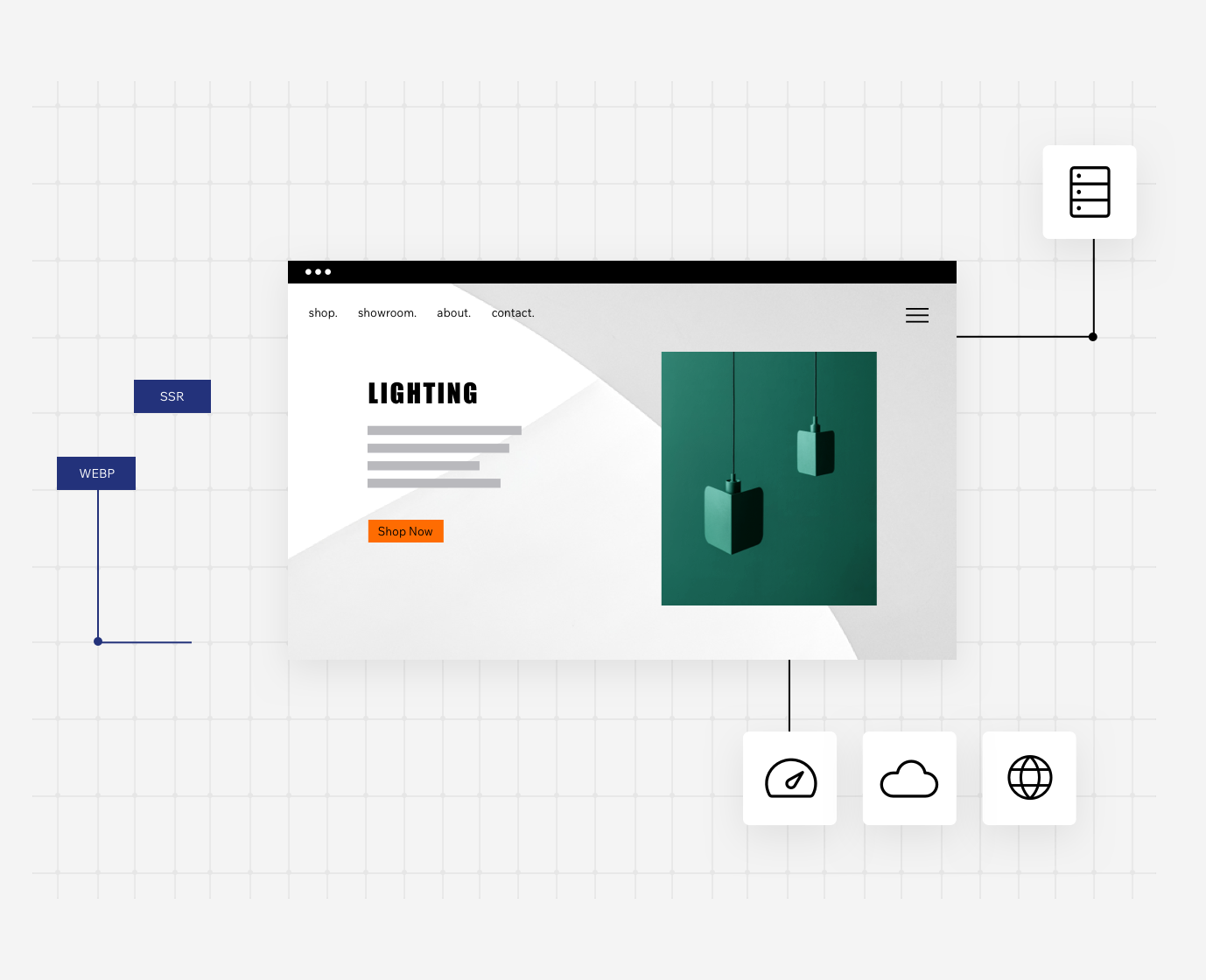
Wix comes with a combined blogging section. The audience here can easily add the nooks-specific blog with a simple tap. This feature allows various devices to add, edit, remake, or change the scheduled posts.
If you want to make it a reliable and easy read to connect with brand-new content upgrades, you can remain in contact with the tag cloud, custom feeds, or feature post segments.
Verdict
Comparing both platforms, the blogging functionality is strongest in both programs, with all the significant features to manage the content.
5. Divi vs Wix: E-commerce Features
Divi
Divi retailing features are concentrated more on e-commerce specialized templates and designs.
They also come with combined choices, including shopping cart options, product pages, etc. One must know that we are discussing the WordPress theme constructor.
Wix

Wix has a second name as an eCommerce-ready program. Despite the size, it has a wide variety of shopkeepers trying to open a digital store. The users here are unbound to make commerce-oriented template designs.
You get an all-set online store that needs only a few changes and modifications. Select a template design, choose your required product, add content, add pictures, and go live with it.
Verdict
Two of the platforms here work incredibly in terms of comfort and customization.
Divi comes here with more personalized freedom for the users, and its search engine features look far-reaching for the products.
Wix doesn’t need any arrangements; creating a blog or getting started with the product is rapid. Both the platforms here are good to go and have good features.
6. Divi vs Wix: Blogging Engine
Divi also has a different module for blogging. You can put it wherever you want on the page. To turn it on, you only have to click the “Insert Module” button and choose “Blog.”
Divi Blogging
There are three main choices for setting in this section, which is:
- Content: to manage articles, keep track of how many posts there are, add images, change the format of posts, etc.
- Design: to add content, change overlays, update meta tags for better SEO, change typography, and so on.
- Advanced: To change your own CSS.
You can make custom templates and headers for each post on your blog to make it look more like you.
In the same way, you can change how a website page that shows the latest blog posts looks on your own. The advanced Divi Theme Builder is where this is done.
Dates, writers, and other things that go with them. In general, it takes time and work to start a blog with Divi, especially if you want it to have a lot of features and be highly customizable.
Wix Blogging
Wix comes with built-in writing features. It lets people add a blog in a specific area with just one click. Several tools built into the feature can be used to add, change, or schedule posts.
You can link a tag cloud, a custom feed, or a section of “featured posts,” which makes it easier for readers to keep up with new content. You don’t need to know how to code to set up blogs with the system.
The website builder also lets you add a comments feature, letting users respond to other messages with text, GIFs, or emojis. You can change the URLs, SEO meta tags, and other SEO settings to help promote your blog and bring people to it.
Verdict
As for blogging, both platforms have a vital blog development feature with all the tools you need to handle content.
Wix, on the other hand, is a more straightforward and more user-friendly option that lets all types of users start and customize blogs without any coding or web design skills.
7. Inline Text Editing
One of the standout features of Divi Builder is its inline text editing tool. It’s a remarkable and user-friendly tool that delivers impressive results.
To start, you add text as a regular pop-out module. However, the real magic happens when you realize you can change the content and layout directly from within the page.
This seamless editing process, known as inline editing, is made possible by Divi Builder’s intuitive JavaScript editor interface.
This functionality not only allows you to edit text effortlessly but also provides an accurate representation of how your visitors will view the content on your page.
With no need to switch between the backend and front-end views, you’ll save valuable time in the editing process.
8. Design and Flexibility
Wix is a more adaptable and versatile platform with several pre-installed features. Divi is primarily used to create themes with the WordPress content management system.
It contains several built-in features. However, users will primarily use regular WP plugins, shortcodes, and custom code modules to integrate third-party services within the platform.
9. Editing Templates
Users of Wix have access to over 550 distinct templates. They’re all mobile-friendly and include pre-installed features that can be tweaked.
Each theme is divided into categories depending on the specialty or website type. You may pick a layout for a small company website, a portfolio, or a digital store here.
As previously stated, users can create layouts from scratch using custom modules and page components.
The Mobile View option allows you to optimize your future website for consumers on desktop and mobile devices.
Separate mobile customization options are available in the editor to hide or reveal components, change the backdrop, adjust menu sections, and more.
Divi has a large number of themes to choose from. Users may choose from over 1,000 distinct templates, all grouped into categories.
All of the layouts work well on a variety of mobile devices. You may utilize a robust framework with layout management capabilities if you don’t want to employ pre-designed layouts.
You may, for example, generate many mockups, store them, and assign them to different categories for easier access. The system has many custom modules and blocks that may be easily added and altered.
10. Divi vs Wix: SEO
Divi, being a WordPress theme, provides a solid foundation for SEO. It offers a variety of features and customization options that allow you to optimize your website for search engines.
On the other hand, Wix has significantly improved in terms of SEO in recent years. While its SEO capabilities were once limited, Wix offers features like customizable meta tags, image alt tags, and URL optimization.
However, Wix still has some limitations compared to WordPress and may not offer the same flexibility and control regarding advanced SEO strategies.
11. Blocks And Modules
The blocks and modules on your website give it its unique identity and the functionality it needs. They are essentially the central component of the website design process, which is carried out using page builders.
Blocks & Modules For The Divi Theme
As a website builder, Divi is equipped with a wide variety of tools that can assist you in constructing the ideal website. You can add blocks and modules to your pages, which is one of these features.
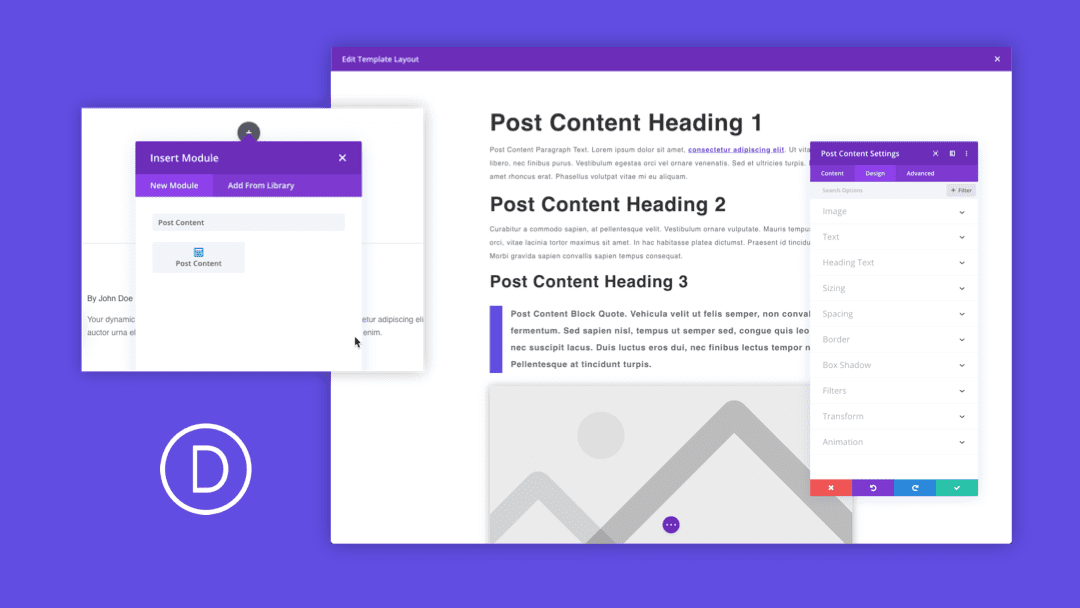
On your website, you have access to over 40 distinct kinds of blocks and modules to use any way you see fit. Each one serves its purpose and can assist you in achieving a variety of different goals.
The following is a list of some of the most common blocks and modules that may be used with Divi:
- Accordion
- Audio
- The counters in the bars
- Button
- Blurb
- Counter in a circle
- A rallying cry for action
- Code
- Comments
- Form of contact
Wix Blocks And Modules
The Wix Editor provides you with access to hundreds of high-quality components that are fully adjustable and may be used to build your website.

You can personalize the look and feel of your website by selecting elements such as images, text, shapes, strips, and more.
The following is a list of some of the features that Wix makes available:
- Strip
- Text
- Image
- Button
- Gallery
- Box
- List
- Video & Music
- Forms and Contact
- Bookings
Wix has an edge over Divi in that it gives you access to more pre-designed building blocks and modules than Divi does. If you go to the “Button” page, you will find many pre-designed button blocks to choose from.
12. Domains & Emails
With Divi, you can use your domain name or purchase a new one. Divi seamlessly integrates with various domain registrars and hosting providers, allowing you to configure your domain settings easily.
Additionally, Divi supports email integration, meaning you can create custom email addresses using your domain name. This professional touch can enhance your brand image and credibility.
Similarly, Wix allows you to use your domain name or purchase a new one directly through their platform.
Wix provides a user-friendly interface for managing domain settings and offers free domain hosting with specific premium plans. Wix also offers email integration options, enabling you to create custom email addresses using your domain name.
Divi vs. Wix: Common Features Compared
| Aspect | Divi | Wix |
|---|---|---|
| Ease of Use | Requires basic WordPress knowledge | Beginner-friendly, no coding needed |
| Design Flexibility | Highly customizable with drag-and-drop builder | Templates and limited customization options |
| Page Builder | Built-in page builder with extensive modules | In-house Wix Editor for designing |
| E-commerce Support | Integrates with WooCommerce for online stores | All-in-one e-commerce solution |
| SEO Capabilities | SEO-friendly but requires optimization | SEO tools and features built-in |
| Hosting | Requires separate hosting (e.g., Bluehost, SiteGround) | Includes hosting on Wix servers |
| Mobile Responsiveness | Mobile-responsive, but the design may need tweaking | Templates are mobile-optimized |
| Community and Support | Active Divi community with documentation | Extensive support and resources for Wix users |
| Scalability | Suitable for small to large websites | Suitable for small to medium-sized sites |
Divi vs Wix: The Pricing Battle
Divi Pricing Plans: Yearly Plan
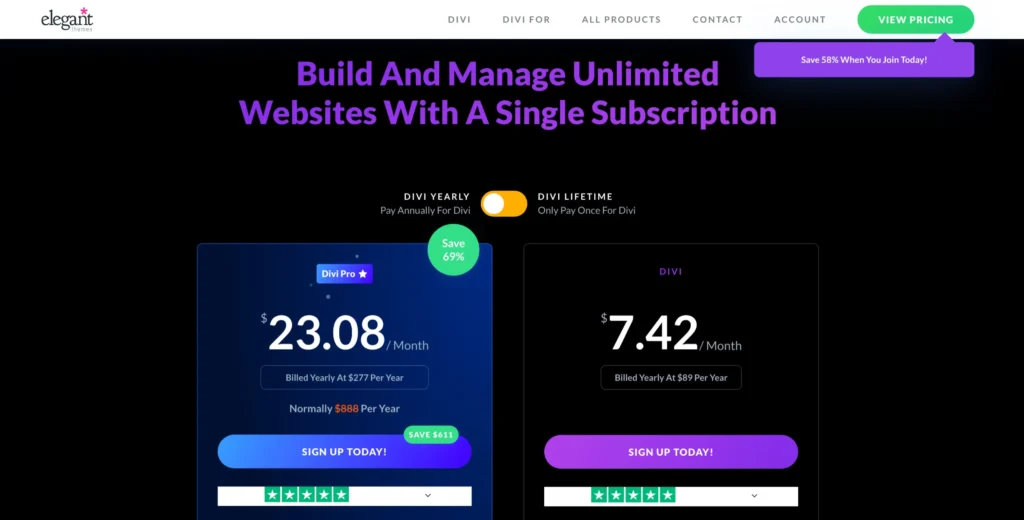
Pay Annually and Save 69%
- $23.08/month
- Billed Yearly at $277/year (Normally $888/year)
- Save $611 – Sign Up Today!
Who is this for?
Web professionals who want to build unlimited Divi websites faster with powerful AI tools, cloud storage, and VIP support.
Features Included:
- Divi Theme & Builder (All Features)
- Divi Quick Sites with AI
- 300+ Website Packs
- Unlimited Website Usage
- Divi Dash (Manage Unlimited Sites)
- Divi AI (Unlimited Layout, Text, Image, & Code Generation)
- 24/7 Premium Support (Response in 30 minutes or less)
Divi Lifetime Plan
Pay Once for Lifetime Access and Save 72%
- $249 One-Time Payment
- Normally $249
- Sign Up Today!
Who is this for?
Website owners and WordPress pros who want lifetime access to Divi’s powerful tools, with no recurring fees.
Features Included:
- Divi Theme & Builder (All Features)
- Divi Quick Sites with AI
- 300+ Website Packs
- Unlimited Website Usage
- Divi Dash (Manage Unlimited Sites)
- Divi AI (Unlimited Layout, Text, Image, & Code Generation)
- 24/7 Premium Support (Response in 30 minutes or less)
Wix Pricing Plans
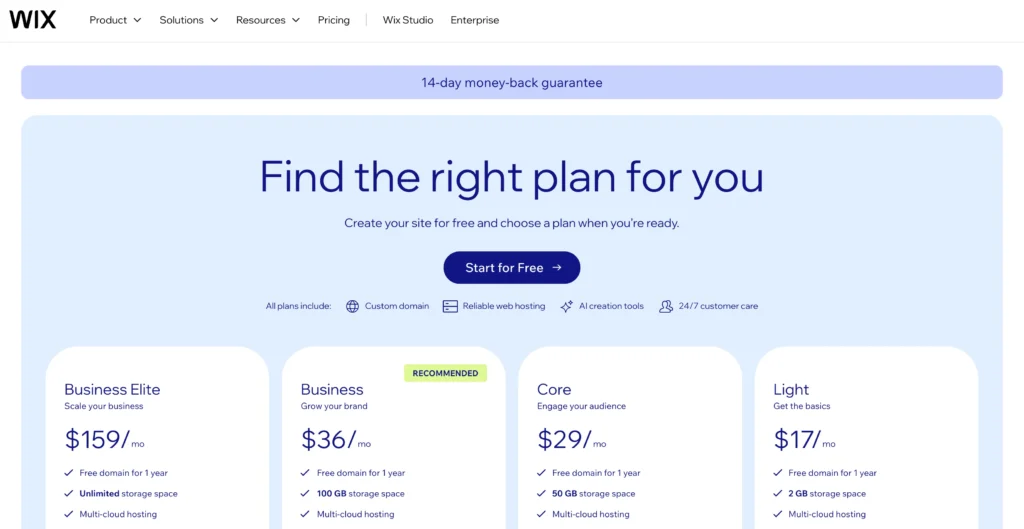
All plans include: Custom domain, Reliable web hosting, AI creation tools, 24/7 customer care
Business Elite
- $159/month
- Free domain for 1 year
- Unlimited storage space
- Multi-cloud hosting
- Advanced marketing suite
- Accept payments
Business
- $36/month
- Free domain for 1 year
- 100 GB storage space
- Multi-cloud hosting
- Standard marketing suite
- Accept payments
Core
- $29/month
- Free domain for 1 year
- 50 GB storage space
- Multi-cloud hosting
- Basic marketing suite
- Accept payments
Light
- 2 site collaborators
- $17/month
- Free domain for 1 year
- 2 GB storage space
- Multi-cloud hosting
- Light marketing suite
- Accept payments
Verdict
Both Divi and Wix provide value for money. Which is best suited for you? It entirely depends on your business requirements and what you seek in a website builder.
If you are looking to build a website on your own and save some money, then Wix would be your choice. If you want regular updates and a 24/7 support system, then our recommendation would be Divi.
Divi vs Wix: Customer Support
Divi Customer Support
Divi offers prompt and responsive customer support. They claim to provide personalized support and superior-quality conversations to help you overcome doubts and use Divi optimally.
Initially, Divi had a support forum where you could post your question, search for one, find the answers among the ones already given, or wait for a new one.
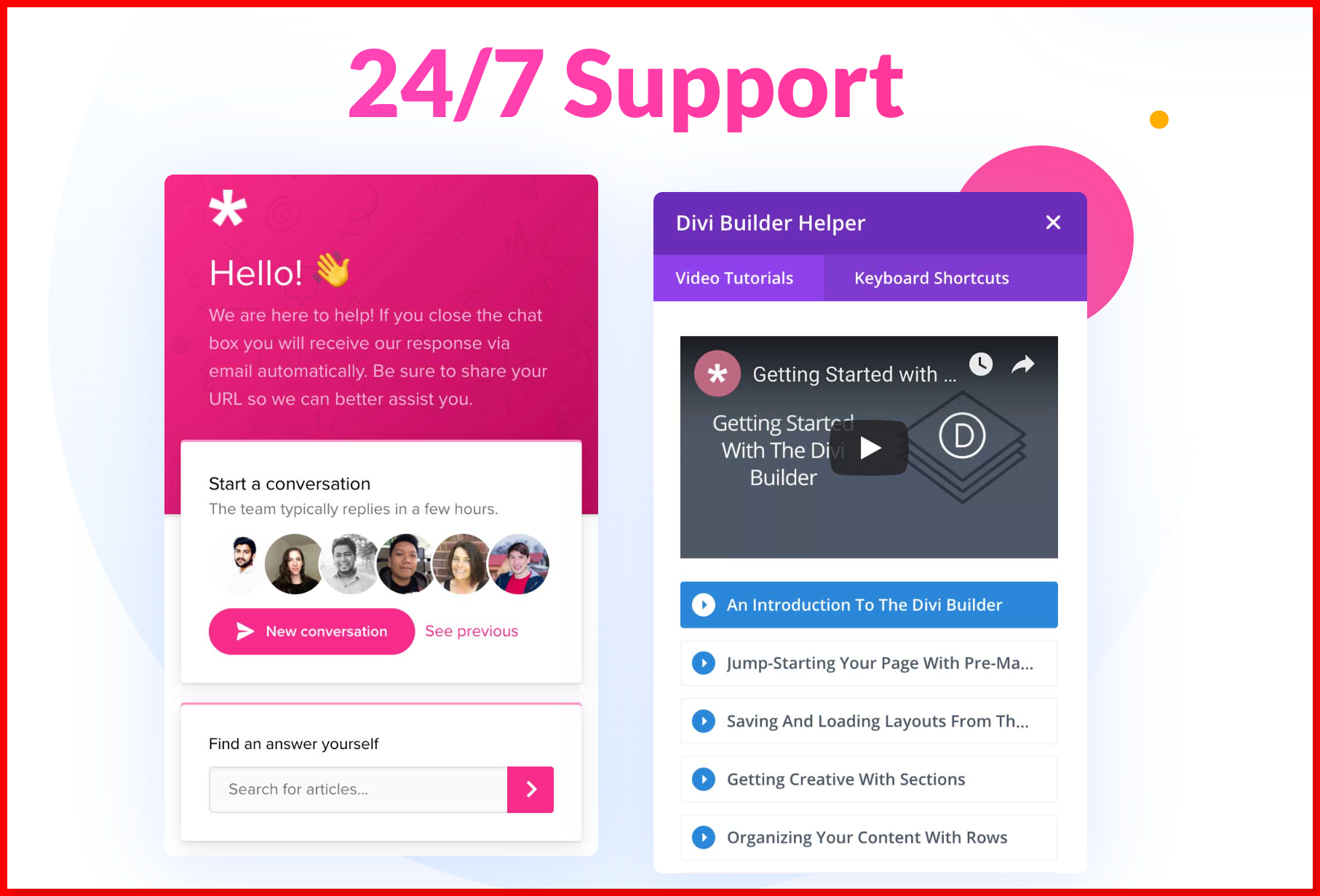
That forum is still open for use. However, recently, Divi has announced that they are starting Live Chat for all consumers.
This means you can now contact Divi and solve your queries almost instantaneously. Since nearly 2 million questions are answered on the forum, the abundance of knowledge there is unimaginable and still available for you to access.
The Live Chat option makes it easier for your query-solving experience to become personal. No matter where you are on the Elegant Themes website, you have to look for the pink chat icon and say hello to contact the sales and support team.
If you close the chat window for any reason, the response will be mailed to you automatically, so you don’t even need to hang around waiting for answers. It’s that efficient!
Wix Customer Support
If you wish to contact Wix for support, the site makes it easy.
All you have to do is open the support option and click on the button to either submit a ticket or request a callback from the team so they can personally help you with your queries.
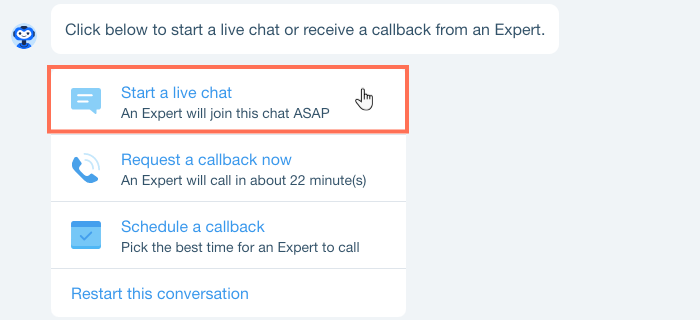
They offer services in multiple languages, such as English, French, German, Italian, Japanese, Portuguese, Russian, and Spanish.
Each language has been given a different time frame, which is shown on the website. So, if you wish for a particular language, you can refer to their list and contact them then. For speedy responses, it helps if you categorize your query.
This way, Wix will directly connect you to a Customer Care Expert specializing in that category only. This saves time and effort. Furthermore, Wix has a Help Center with various categories containing many questions.
You can also find yours from there and get the ready-made answer.
Best for SEO: Divi vs Wix
When it comes to SEO, both Divi and Wix offer different strengths. Wix has a user-friendly interface with an SEO Wiz tool that guides beginners through the process of optimizing their site.
However, it does have some limitations, especially when it comes to advanced SEO techniques. On the other hand, Divi, which is used with WordPress, offers more flexibility and advanced SEO options.
With the right plugins, like Yoast SEO, you can control every aspect of your SEO strategy. While Wix might be simpler to use, Divi may ultimately give you more control and potential for higher rankings.
It’s crucial to evaluate your SEO needs and capabilities before deciding which one is best for you.
No matter which platform you choose, it’s important to have a plan for your website. Before creating a website with Divi or Wix, consider what content you want to include and start by optimizing the basics.
Ensure your URLs are keyword-rich, include outbound links to other reputable websites, and use headings and subheadings appropriately.
Optimizing your website doesn’t have to be a daunting task, and with the right platform, you can achieve higher rankings in search engine results.
FAQs
👉Is Divi SEO-friendly?
Absolutely. The multiple and varied features offered by Divi make it not just SEO-friendly, but also the best choice for SEO writing as compared to other WordPress themes.
👉Will Divi slow down my website?
Since Divi is an entire website designing tool in itself, there is no need to depend on any other software in collaboration with Divi, such as Photoshop or Sketch. Thus, it does require more resources than other WordPress themes that are comparatively elementary. But because of its enhancements, it runs fast, and therefore there is no risk of it slowing down your website.
👉 Can editing be done in collaboration on Wix?
No. As of now, Wix does not allow more than one contributor to edit at the same time. However, features are constantly being updated and this suggestion will be noted as well.
Quick Links:
Conclusion: Divi vs Wix 2025– Which One Should You Choose?
After looking at both of these popular website builders, it’s evident that each has great tools to offer and can help create a stunning website.
They both meet any user’s needs, from flexibility and customization to ease of use. However, if you’re looking for something advanced with many features and a wide range of options, Divi is the way to go.
Wix may be great for simple websites, but Divi takes website building a step further. Now that I’ve explored the world of Divi vs Wix, it’s time for you to decide.


